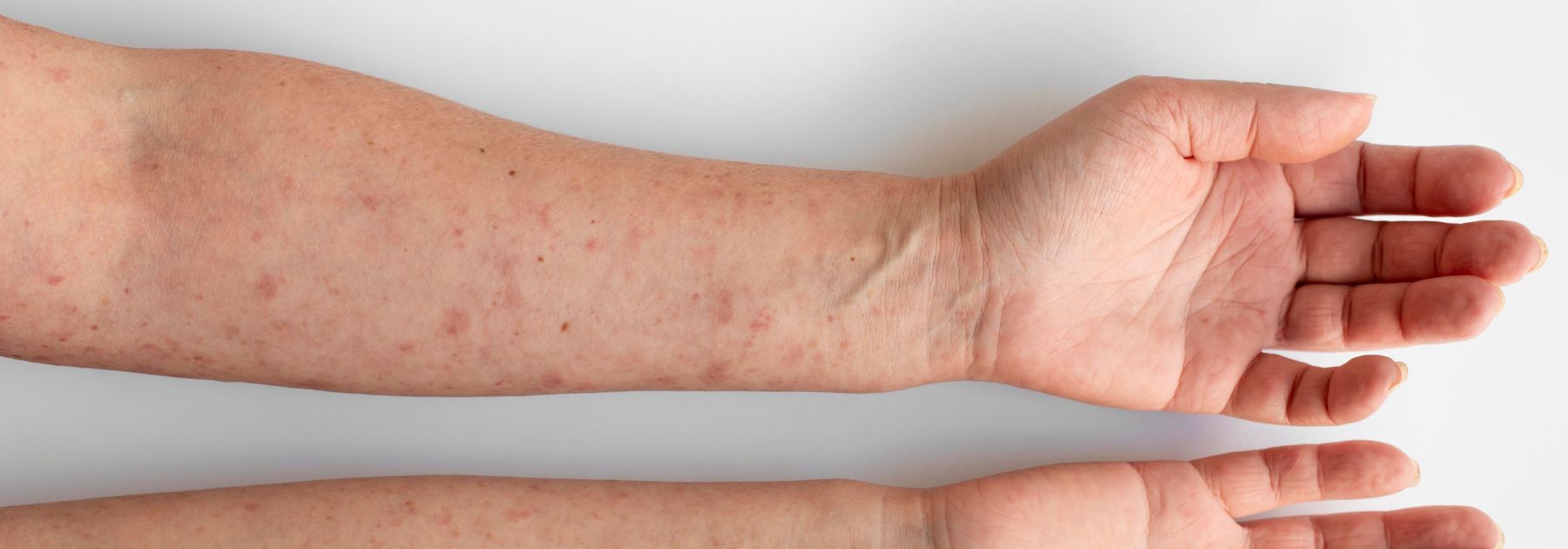The Glass Check for Meningitis: A Lifesaving Test Every Parent Should Know
When it comes to meningitis, speed is everything. This potentially life-threatening condition can progress rapidly, turning mild flu-like symptoms into a medical emergency in just hours. One of the best-known early detection methods—especially for parents—is the glass check.
But what is the glass check for meningitis, how do you perform it, and is it reliable?
In this blog, we explain the glass test step-by-step, discuss its purpose and limitations, and offer practical advice on what to do next. If you’re a parent, carer, or just someone who wants to be prepared, this is vital reading.
What Is Meningitis?
Meningitis is the inflammation of the membranes (meninges) surrounding the brain and spinal cord. It can be caused by:
-
–> Bacterial infections (e.g. meningococcal disease)
-
–> Viral infections
-
–> Fungal infections (less common)
Of these, bacterial meningitis is the most severe and requires immediate medical attention. It can lead to:
-
–> Sepsis (blood poisoning)
-
–> Permanent brain damage
-
–> Hearing loss
-
–> Death
While meningitis can affect anyone, babies, young children, teenagers, and young adults are most at risk.
What Is the Glass Test for Meningitis?
The glass check—also known as the glass test—is a simple, quick way to assess whether a rash could be a sign of meningococcal septicaemia, a serious form of meningitis.
How to do the glass test:
- 1. Take a clear glass (like a drinking tumbler).
- 2. Press the side of the glass firmly against the skin where the rash or spots appear.
- 3. Observe: Does the rash fade under pressure, or does it stay visible through the glass?
Understanding the Results
-
✅ Rash Fades Under Pressure
This is usually a more typical rash (e.g. viral or allergic), and is less likely to be meningitis.
-
❌ Rash Doesn’t Fade Under Pressure
This could be a non-blanching rash, which is a red flag for meningococcal septicaemia and may require urgent medical help.
Some meningitis rashes may appear as:
-
–> Tiny red or purple pinpricks
-
–> Bruise-like patches
-
–> Spots that spread and become blotchy
Importantly, the rash often appears late in the illness, so don’t wait for it. Other symptoms may occur earlier.

Other Signs of Meningitis to Watch For
Alongside a non-blanching rash, be alert to other possible symptoms—especially if they develop rapidly. These include:
In Babies and Young Children:
-
–> High-pitched crying or moaning
- –> High temperature
-
–> Refusing feeds or vomiting
-
–> Fever with cold hands and feet
-
–> Drowsiness or unresponsiveness
-
–> Bulging soft spot (fontanelle) on a baby’s head
-
–> Stiff neck or jerky movements
-
–> Dislike of bright lights
In Older Children and Adults:
-
–> Severe headache
-
–> Stiff neck
-
–> Confusion or irritability
-
–> Fever with cold extremities
-
–> Seizures
-
–> Dislike of bright light
-
–> Drowsiness, difficulty waking
Is the Glass Check for Meningitis Foolproof?
No. While helpful, the glass check for meningitis should never be the only tool you rely on. The rash may not always appear—or may come too late.
Many early symptoms mimic flu or common viruses. Trust your instincts: if you or your child seem unusually unwell, especially with a combination of the above symptoms, seek urgent medical advice immediately.
When to Act: Trust Your Gut
The NHS advises dialling 999 or going to A&E immediately if you suspect meningitis. You don’t need a definitive diagnosis—just act fast.
If a rash does not fade under the glass, or you notice other red flags, do not wait. Early treatment with antibiotics can be lifesaving.
Vaccinations That Help Prevent Meningitis
There are several vaccines available that protect against the most common causes of meningitis:
-
–> MenACWY – offered to teenagers and first-time university students
-
–> MenB – offered to babies on the NHS
-
–> Hib/MenC – part of routine childhood immunisations
-
–> MMR (measles, mumps, rubella) – protects against viral meningitis causes
-
–> Pneumococcal vaccine – protects against meningitis-causing pneumonia bacteria
At Bourne End Pharmacy, we offer private vaccinations for adults and travellers who may not be eligible for all NHS vaccinations or who need catch-up jabs before international trips.

Need Advice? Bourne End Pharmacy Is Here to Help
Our trained pharmacists are here to support your family’s health and offer:
-
Vaccination advice and administration
-
Private GP and prescribing services
-
Children’s health guidance
If you’re unsure about your child’s vaccination schedule, or whether you’re protected against meningitis before travel, we can help guide you.
You can also speak to us about symptoms you’re worried about—we’ll help you decide whether to seek further care.
Summary: Be Prepared, Not Scared
Knowing how to perform the glass check for meningitis could save a life—but it’s just one tool. Always look at the full picture of symptoms, and don’t hesitate to seek urgent medical care if something feels wrong.
Key takeaways:
-
–> A non-fading rash under a glass is a medical emergency.
-
–> Not all meningitis cases show a rash—look out for other signs.
-
–> Vaccines offer vital protection—check you and your child are up to date.
-
–> Bourne End Pharmacy can support with advice and vaccinations.
This blog was written on behalf of Bourne End Pharmacy by Pharmacy Mentor.

